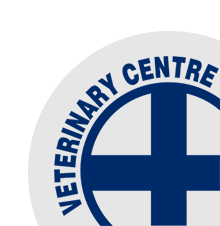A Clinical Case of Goitre
/The lamb pictured is from a local farm around Waimate. The ewes are on grass and they have never supplemented iodine. The enlargement underneath the jaw is due to a condition called Goitre. This occurs as a result of insufficient iodine in the pregnant ewe. The fetus relies on its mother’s iodine intake to transport sufficient iodine across the placenta for its own thyroid hormone production.
Goitre can affect a newborn lamb’s ability to regulate its metabolism meaning they can be highly susceptible to malnutrition and cold exposure. This can reduce lamb survival rates, impair growth, and sometimes even result in stillbirth.
Here are some key strategies for preventing goitre in lambs:
Balanced Nutrition: Ensure that pregnant ewes are provided with a well-balanced diet that contains sufficient iodine. Iodised salt or mineral supplements can be added to their feed to meet their iodine requirements.
Monitoring Iodine Levels: Weighing the thyroid glands of 10-15 lambs who are stillborn is the best way.
Environmental Control: Certain crops like Brassica species can contain elevated levels of goitrogens that impair the thyroid gland’s iodine uptake. Some clover varieties can also have this effect.
Iodine Supplementation:
Supplementation should be considered if:
You are feeding brassica crops
Your farm has a previous history of goitre
Thyroid: bodyweight ratios from slink/stillborn lambs are higher than recommended
You have noticed higher losses than expected around lambing
This can be done via an injection of Flexidine - ideally given a month before mating. Alternatively you can use Lamb Survival Drench (LSD). Ideally give 3 doses: Prior to mating (to improve fertility), at scanning and prior to lambing. If not given prior to mating then giving doses at scanning and prior to lambing will provide supplementation for the growing foetus.




